The United Kingdom is more than just tea-drinking, bright red double-decker buses or Big Ben– Truly that’s just a portion of the experiences to be had in this country. As you know, The United Kingdom is composed of Great Britain (England, Scotland, and Wales) and Northern Ireland. All these regions bring their own charms to the table and will definitely sweep you away into a unique travel experience. Here’s your United Kingdom Travel Guide to exploring this amazing country.
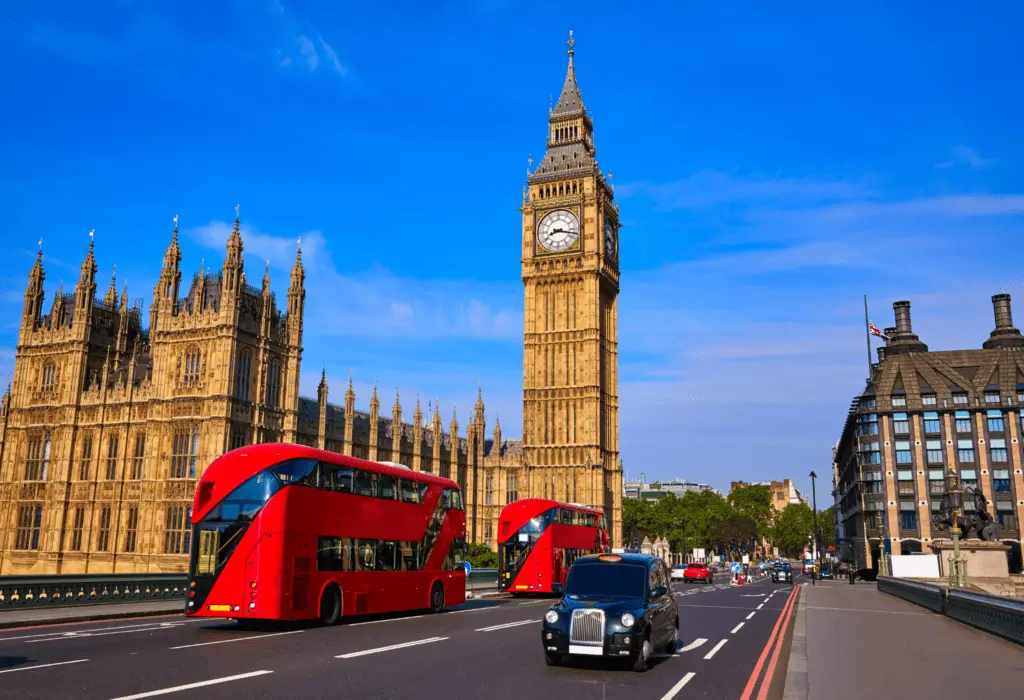
This country is filled to the brim with interesting historical backgrounds that influenced its culture today. Do check out AFC Holidays United Kingdom Tours to get started planning your trip.
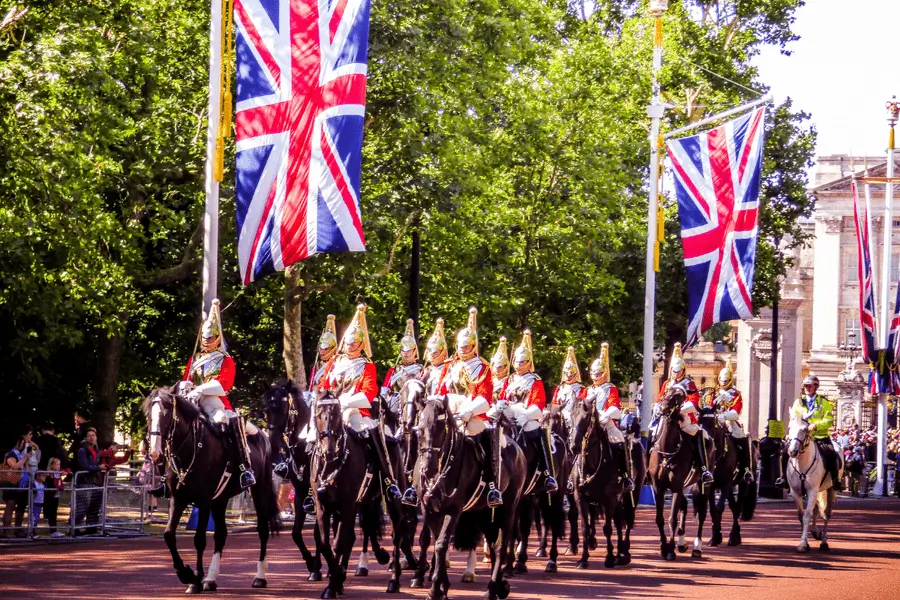
Language
ENGLISH is the most spoken language in the United Kingdom, also deemed the official language in practice. Generally, people residing in Wales would speak Welsh and speak Irish in Northern Ireland. There are regional languages used across the nation like Celtic, Germanic, Romance, Banzsl, and Francosign.
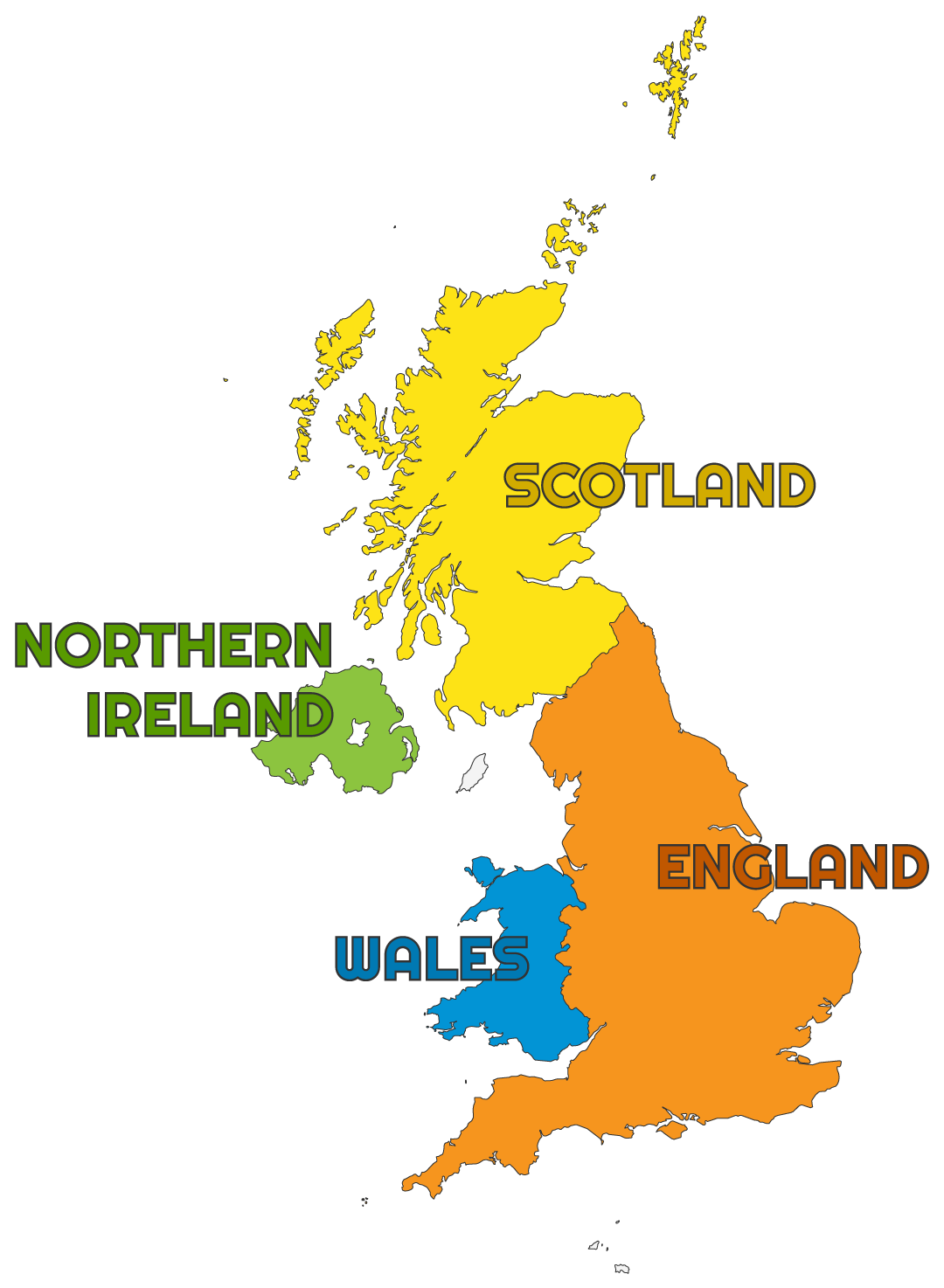
However, over recent years, there are more and more residents whose mother tongue is a language from continental Europe or South Asia as a result of migration. So you may find communities that can speak Polish, Punjabi, Hindi, Bengali, Gujarati, Arabic, French, Chinese, Portuguese, Spanish, and Tamil among others.
What Weather to Expect when Packing
United Kingdom’s climate per year follows the standard 4-season profile where December – February is Winter, March-May (Spring), June – August (Summer) September – November (Autumn). Definitely always bring an umbrella no matter the time of year you are travelling to the United Kingdom.
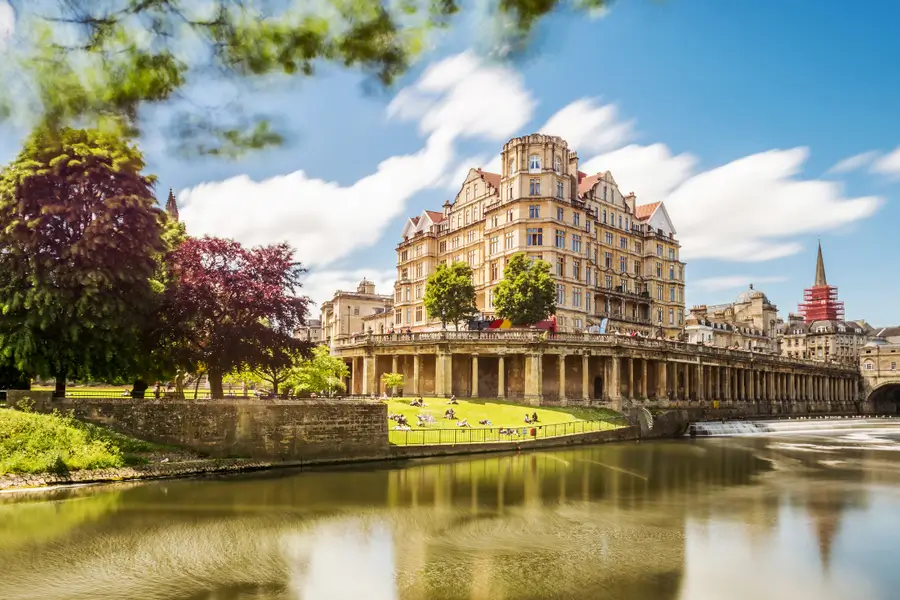
Belfast appears to have the most rainfall throughout the year, especially in the month of October. It is also the windiest city in the United Kingdom, especially from December to January.
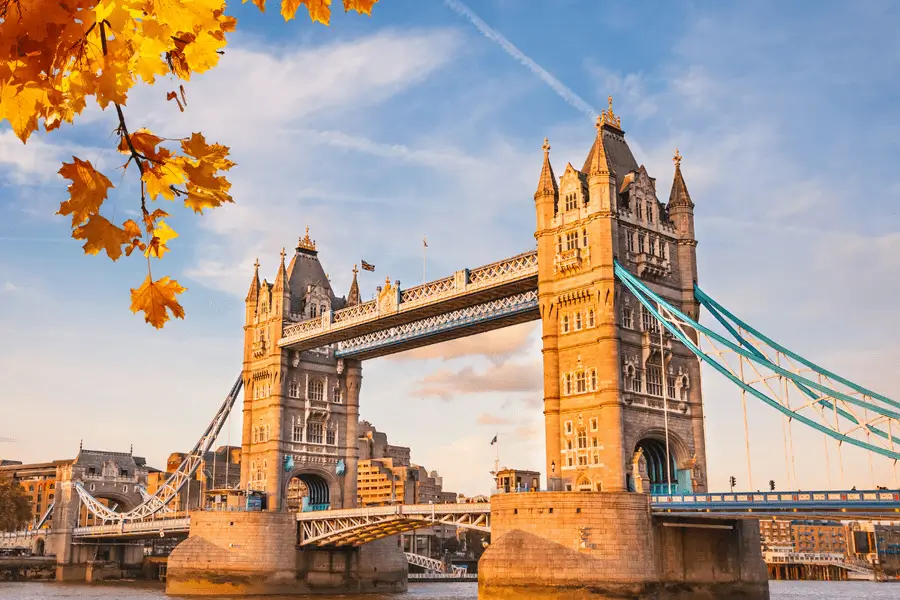
In London, summer weathers are short but comfortable and partly cloudy. The winters are long, very cold and windy. The average temperature is 39°F to 74°F and is rarely below 30°F or above 84°F. The most popular time to visit London is from late June to Early September because that time has the most warm-weather activities to enjoy.

Meanwhile, in Cardiff, summers are comfortable and partly cloudy. The winters are very cold, wet, windy, and cloudy. The average temperature is 38°F to 69°F and is rarely below 29°F or above 78°F. The most popular time to visit Cardiff is from Late June to Early September.
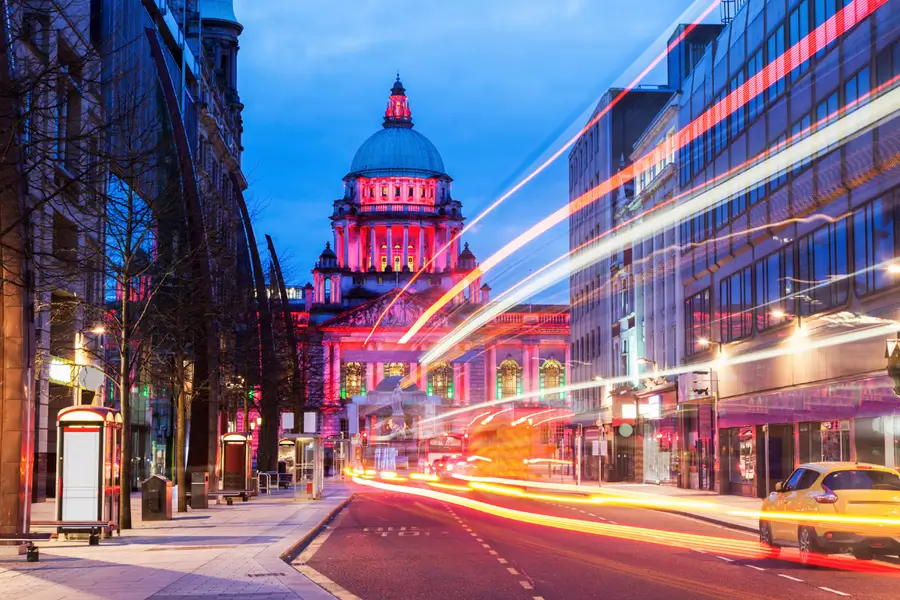
In Belfast, you can expect cool summers that are partly cloudy. The winters are also long, very cold and wet, also mostly cloudy. The temperatures hover around 37°F to 65°F and are rarely below 29°F or above 72°F. The most popular time to visit is from late June to late August.

Lastly, in Edinburgh, summers are cool and partly cloudy and the winters are very cold, windy and mostly cloudy. The average temperature is 34°F to 66°F and is rarely below 24°F or above 72°F. The most popular time to visit Edinburgh is from early July to late August.
London is the most tourist-friendly city in the United Kingdom when it comes to having the clearest rainless days throughout the year.
United Kingdom Religion
OFFICIALLY CHRISTIAN with churches of all denominations found throughout the country like Catholic, Protestant, Baptist, and Methodist, and 60% of the population identified as Christians. There is also a significant number of the population without religion or “Unaffiliated” with around 26% identifying. What’s left of the population is divided up into Islam, Hindus, Sikhs and others.
With that in mind, travellers visiting the United Kingdom should practice respectful behaviours in and around places of worship.
Currency
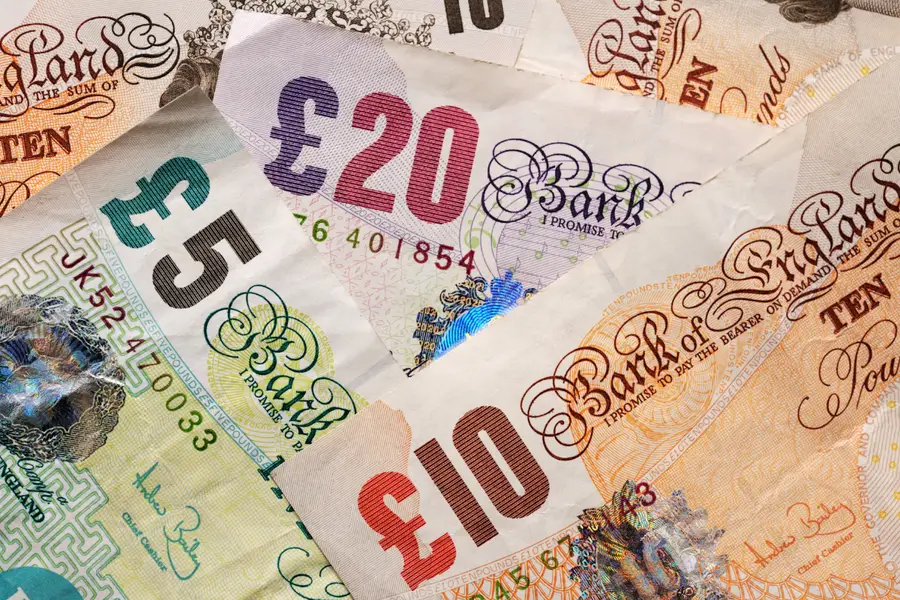
POUND STERLING (GBP) - Unlike most Schengen countries, the United Kingdom has its very own official currency. Except if you’re travelling to the Republic of Ireland where they only accept Euros. The Pound Sterling has been in use since 1489 and is kept in use.
The primary reason for not using the Euro is because the U.K. government determined that the currency did not pass the 5 critical tests done that would’ve determined if it would be a viable switch for the UK. Including, if it met the country’s business cycles, if it would be appropriate the country’s investment prospects, and more.
The United Kingdom has plenty of options when you need to have money exchanged. There are money exchange bureaus at airports, railway stations, popular department stores, bank branches and post offices. Definitely do shop around and compare your rates as the value can vary greatly from one to another.
So ultimately, it is best to have your money exchanged straight out of where you’re coming from– before you even reach the U.K.
Should you bargain?
Haggling, bargaining, or any kind of negotiation is not really a common practice in the United Kingdom. In fact, it is considered rude and impolite especially if you go overboard with the haggling. So definitely keep it at a minimum and reasonable if you really must negotiate for your goods.
Should you leave a tip?
Tipping is not something you need to do everywhere in the United Kingdom– It greatly varies from one establishment to another. All staff in the UK are expected to be paid at least the National Minimum Wage.
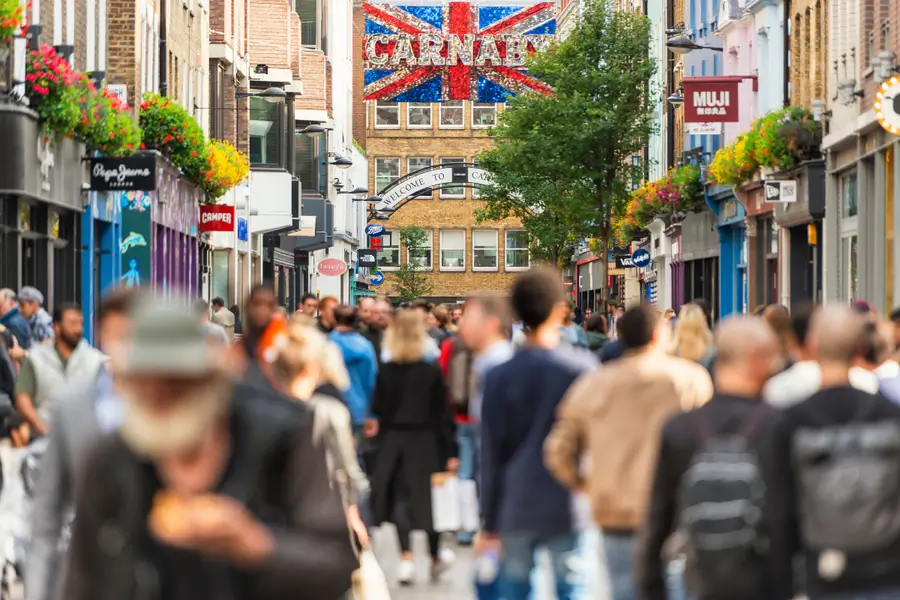
For example, service charges are normally added to the bill at restaurants, if not, then 10% of the bill is a good point for tipping. Hotel staff don’t expect tips unless they’ve gone out of their way to extend an extra service to assist you. It is also acceptable to round off your bill to the nearest Pound if you received good service in taxis. Tour guides may expect some tips after a good tour day where you feel that you’ve had a good time and are entertained.
How much a day Travelling in the United Kingdom?
Expect to spend a minimum of GBP 116 or USD 142 per day or more depending on interest and choice of activity. One thing of note is that Cigarettes are expensive to buy in London, but avoid carrying bulk packs of cigarettes in your check-in bags to go around this as it will put you through a lot of trouble in customs.
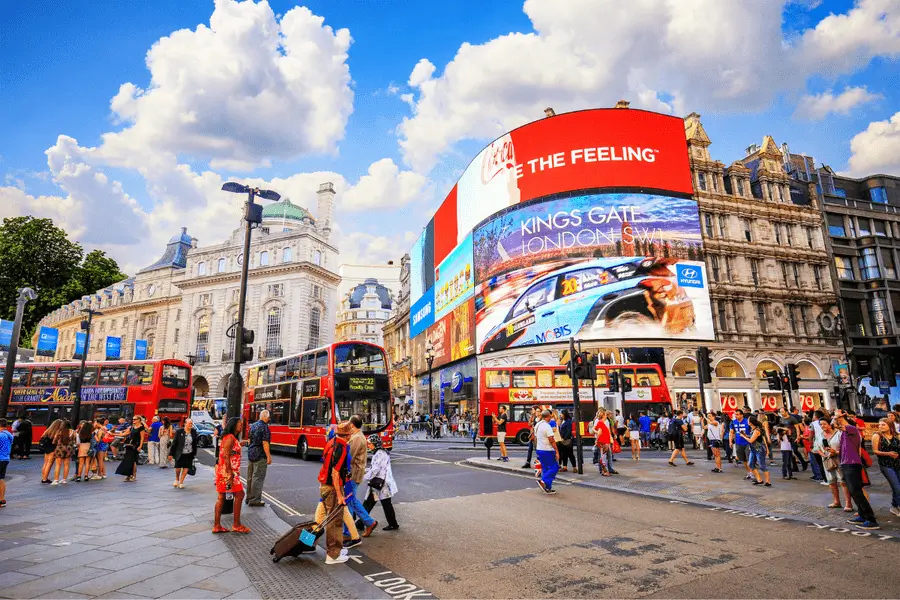
The best place to shop in the United Kingdom is Primark.
Power Plugs and Socket Travel Guide in the United Kingdom
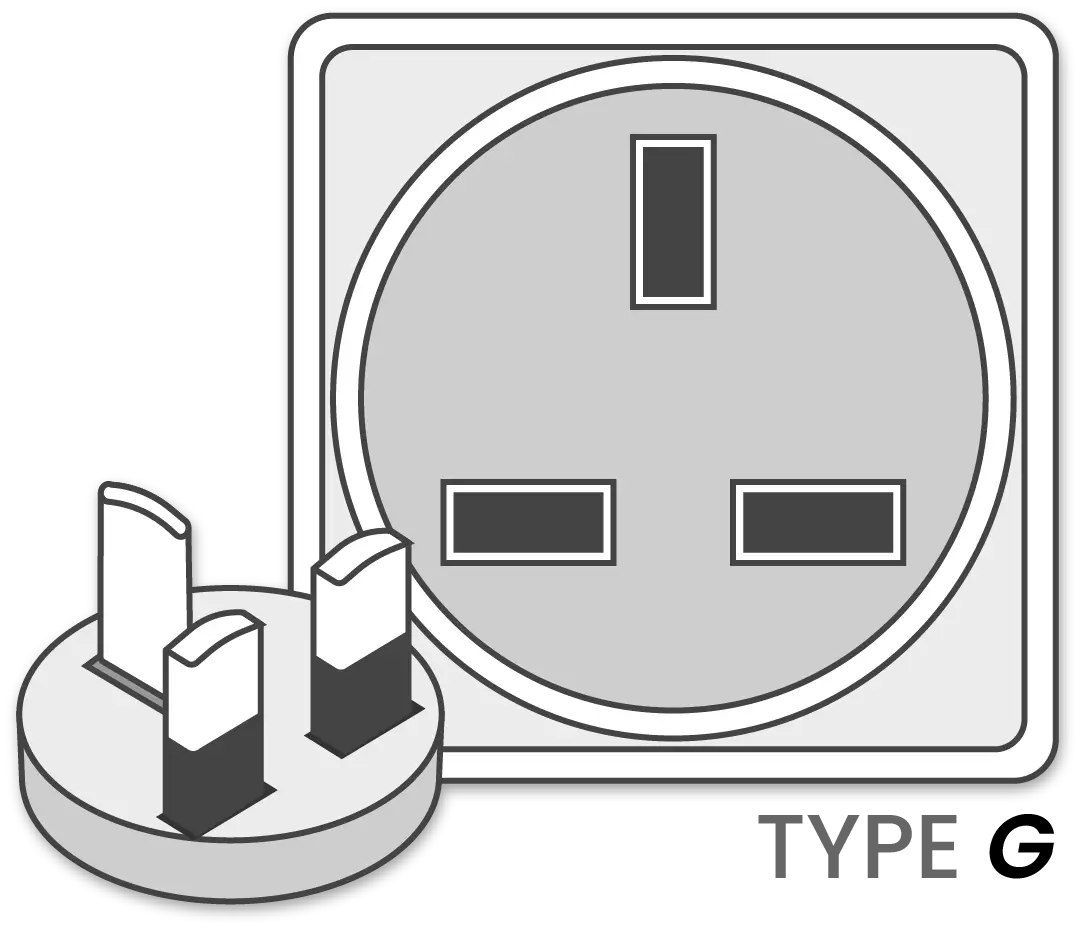
United Kingdom uses Type G power plugs at 230 Volts and 50 Frequency. Bringing power plug adapters is advisable.
Getting Around and Staying Safe in the United Kingdom
London Travel Guide to Public Transports
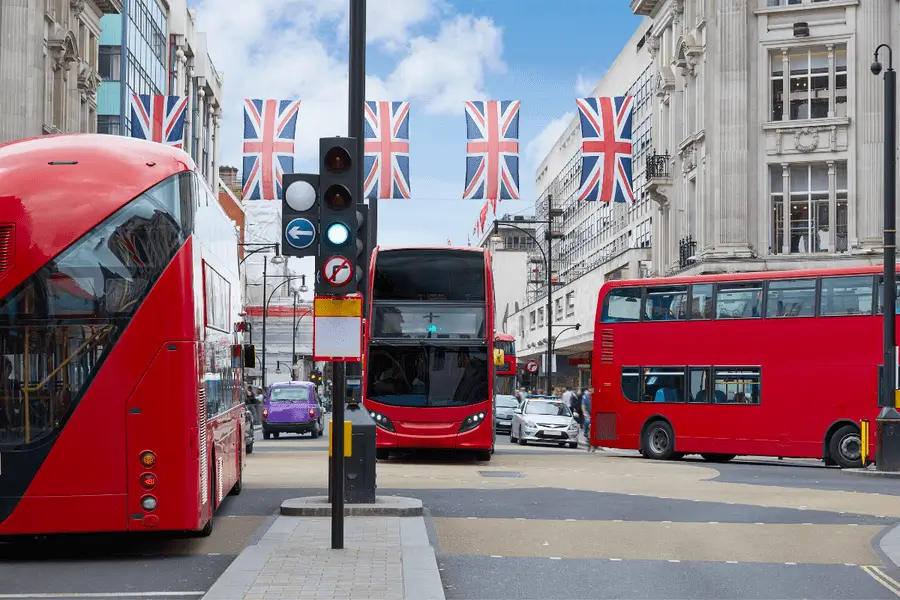
The places for sightseeing in London are often within a walking distance. However, if you really want to have a more local experience around London then buying an Oyster Card is the best way to travel and makes it more convenient. There is also an underground metro at every sightseeing place in London.
Are there ride-hailing apps in London?
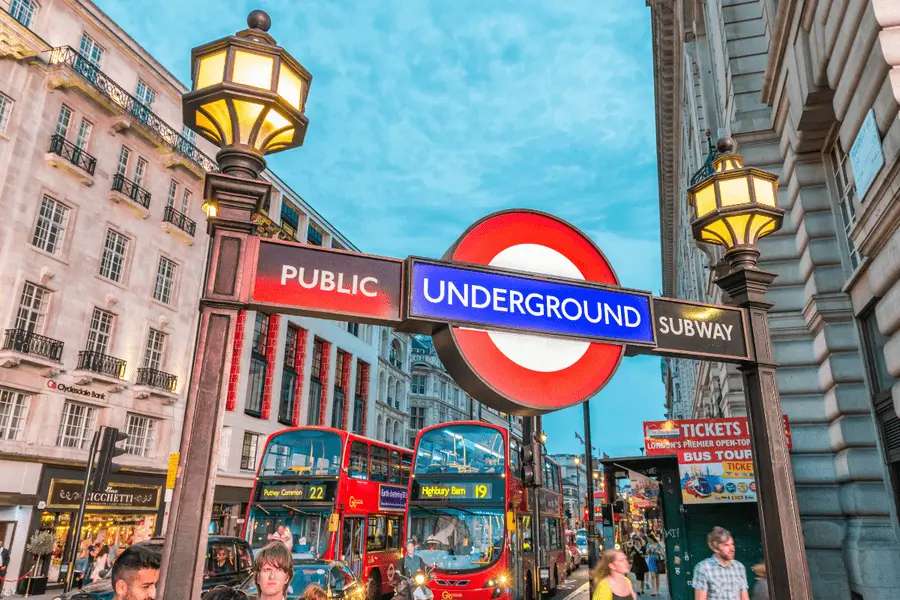
The best way to get around London if you’d like to go by private car is by using a ride-hailing app named Uber which is available for iOS and Android systems.
Uber is the best way to go as it brings the most convenience at a fair price.
Staying Safe in the United Kingdom
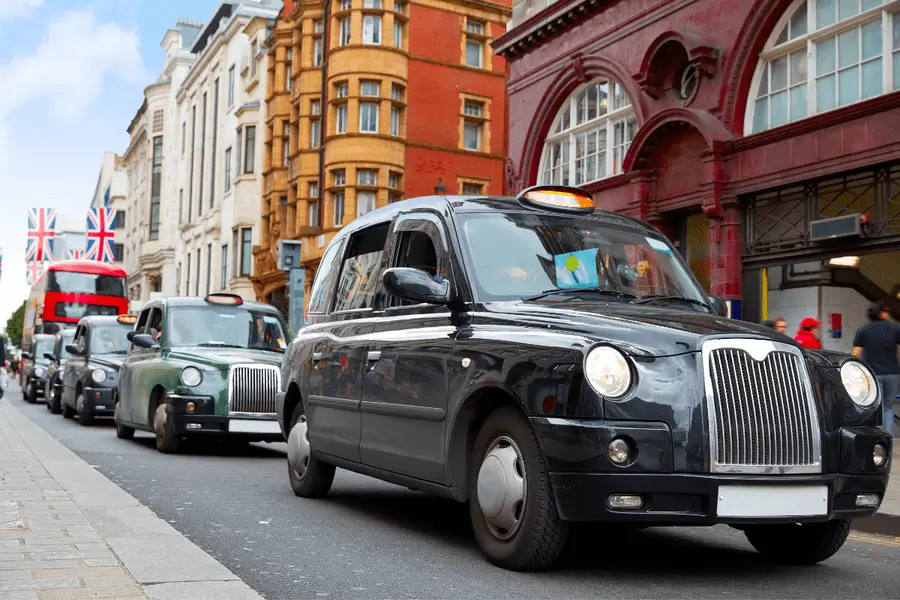
The U.K. is considered a very safe country although much like any other, there will be certain areas best avoided by tourists especially those unfamiliar with the place.
The British normally have the impression of being polite and good-mannered but of course, there will always be bad seeds and good ones in a group so do expect some unfriendly behaviours. Some can be quite rude, surly or judgmental.
United Kingdom Travel Guide – The Checklist
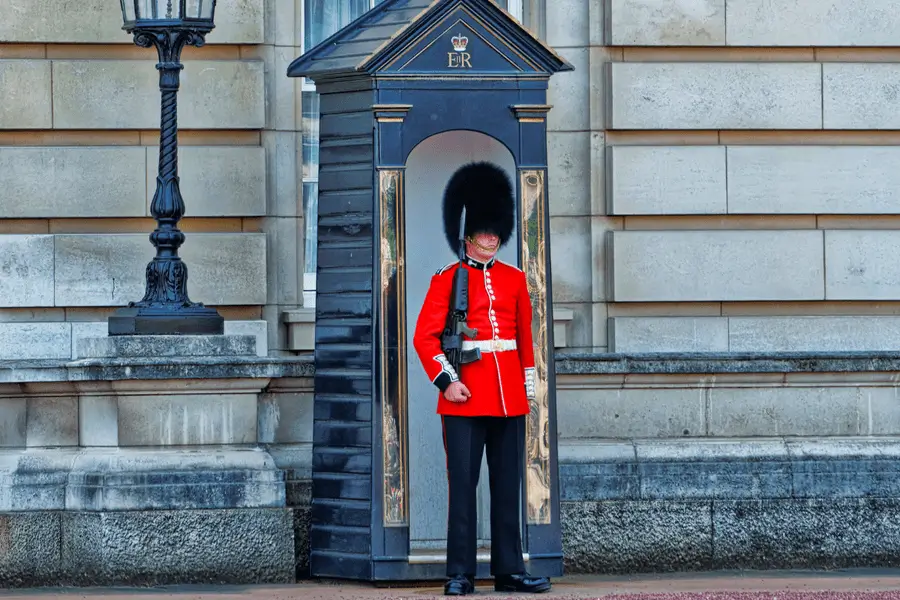
Travel Guide for Internet Everywhere in the United Kingdom?
If you’re looking to buy yourself a SIM Card, you can easily find it in major airports in Heathrow, Gatwick, Stansted, Luton, and Manchester. You will find numerous Sim Local Shops, WH Smith Shops, and Sim Card Vending Machines. Official providers in the country include Vodafone UK, Three UK, O2 UK, EE UK, GiffGaff UK, and Lebara UK.
Some carriers may need passports or a valid ID upon purchase. It doesn’t matter which provider you opt for because they all have the same excellent coverage and speed. The SIM Card cost starts at around 20 GBP.

United Kingdom Travel Guide to Bringing Medications
Firstly, prepare preferred over-the-counter medicines. Importantly, Keep them in original containers with labels for easy identification. Firstly, try to only bring in small quantities or as necessary.
A simple first aid can include i.e. Diarrhea medicines, antacids, antihistamines, motion sickness, cough drops, decongestants, pain and fever relief, mild laxatives, bandages, and small antiseptic solutions accordingly. Lastly, don’t forget your masks and preferred sanitiser.
Moreover, Bring a doctor’s prescription for other prescriptions that you may have as needed. Similarly, check for the allowed amount of quantity depending on your stay.
Now that you’ve read this United Kingdom Travel Guide

Finally, you are officially ready to travel to the United Kingdom. Don’t forget that you’re always free to contact your AFC Representative if you have any more concerns before your departure! Lastly, We wish you safe and happy travels!
You may also be interested in our recent post: Switzerland Travel Guide Before You Go.
